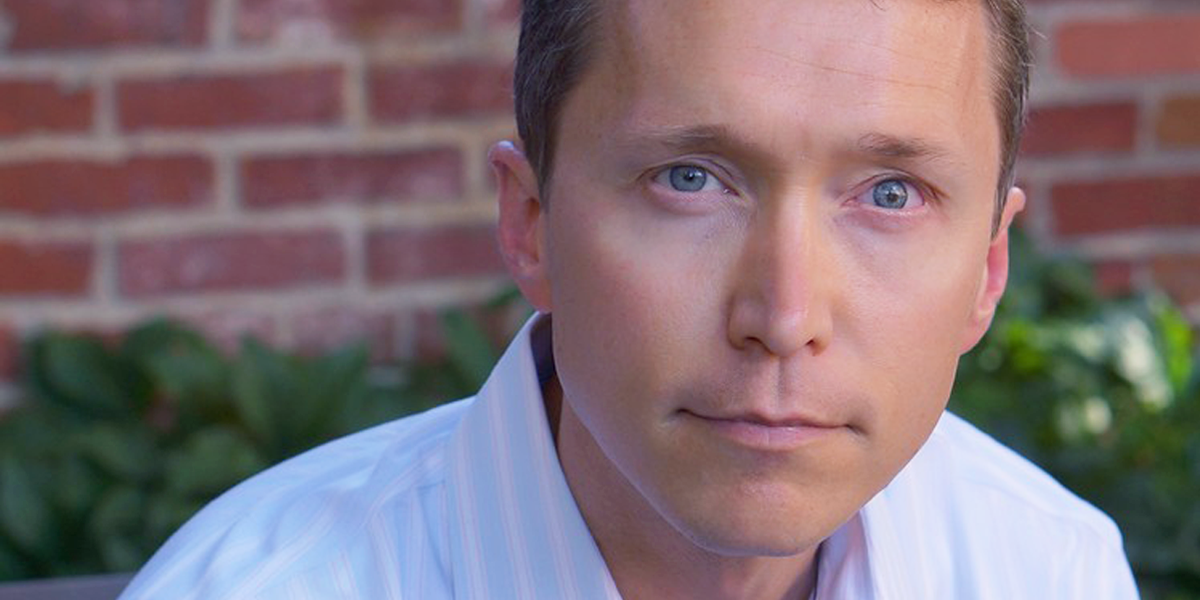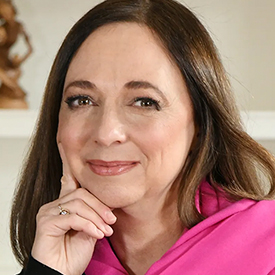Tom Rath is only 39 years old, but he’s already sold six million books, including Strengths Based Leadership and his latest, Are You Fully Charged? He’s a senior scientist and advisor to Gallup and is hugely influential in the business world. Since age 16, he’s been successfully battling a rare disease that causes cancer cells to appear throughout his body. And last but not least, he’s an incredibly humble and down to earth strong (and proud!) introvert.
I asked Tom to share his secrets to living wisely, staying healthy, and fighting anxiety.
Susan Cain: At only age 39, you’ve lived a pretty extraordinary life. And you’re well known for your natural humility. How do you channel all that quiet modesty into your work?
Tom Rath: One of the lessons I learned very early in life, from my grandfather, is that it is an extraordinary waste of time to try to be someone you are not. So while I aspire to have a positive influence on other people, I know I’m not going to accomplish that by being the loudest or most charismatic person in a room. What I can do is read, learn, and listen as much as humanly possible and channel my findings into something productive. This is the part that comes naturally to me.
My challenge is that all the knowledge in the world does little good for others until it is shared in a practical form. This is why I have spent quite a bit of time trying to become a semi-competent writer over the past decade. There is so much amazing research being conducted today that could influence people’s lives. But that knowledge has to meet people at a time of need in order to have any chance of influencing a person’s daily choices.
Trending: Navy SEAL Secrets for High Performance Under Pressure
SC: At age 16, you were diagnosed with VHL disease, a rare genetic disorder that causes cancer cells to appear in various parts of your body. Since that time, you’ve been researching and experimenting with various ways of slowing down the growth of those tumors. What have your most important findings been?
TR: An essential learning for me is that anyone can dramatically improve their odds of living a long and healthy life by making better choices. Just look at the physical aspects. If you get a good night’s sleep tonight, it gives you a clean slate for tomorrow, where you are more likely to be active throughout the day and make better food choices. Perhaps most importantly, this starts an upward spiral, where you feel progressively better as each day goes by.
The broader learning for me, after battling cancer for a couple of decades, is: you have to do something today that will continue to grow after you’re gone. I may have a more constant threat to my mortality than the average person, but in reality the only thing any of us can count on with extreme certainty is that we have today to do what matters most. When I orient my days around this simple thought, it makes it easy to spend even more time doing things for other people each day.
SC: What do you do when you feel scared or anxious?
TR: It helps me to simply acknowledge the fact that I am feeling anxious. In most cases, this keeps my physiological response in check so it does not exacerbate the problem. I think a majority of things we allow to create anxiety in our lives are a reflection of how we choose to respond to external circumstances. Another thing that helps me is focusing on everything that is going right. Simply bringing the thought of my children’s laughter to mind induces a smile almost instantaneously.
When I am anxious as a result of larger stressors, I tend to tackle the problem right away. Life is too brief to let fears—that are often unfounded—erode entire days or weeks. Especially for someone like me who needs a lot of thought time, it would be easy to let fears consume far more bandwidth than they should.
SC: In recent years, and especially in your latest book Are You Fully Charged?, your focus shifted to daily well-being. Why that shift?
TR: Looking at what improves well-being in the moment is infinitely more practical. In the past, most research focused on asking people to reflect on their lives overall. That is like inquiring about the quality of someone’s career by asking them to read their resume. It misses almost all of the richness and emotion that occurs in the thick of a typical day.
This is why I’ve been deeply encouraged by a lot of smart research around daily well-being or what researchers call “daily experience.” When you look at what really matters on a moment-to-moment basis, it is things like brief interactions with loved ones that matter significantly more than how much money we make or whether we live in a wealthy country.
Trending: How to Make Menopause the Best Time of Your Life
SC: What are the three keys to daily well-being?
TR: The first key is doing some type of meaningful work today. The second one is having far more positive than negative interactions. The final key is having the energy you need to be your best today, which starts with eating, moving, and sleeping well in combination.
SC: What are the essentials of meaningful work? And can most people, who are already overwhelmed with paying the bills and supporting their families, afford to think in these terms?
TR: It’s important to note that I am defining meaningful work as doing something that benefits another person. If you think about it in terms that are this basic, even small acts that have a little positive value for society count. In this context, I would argue that meaningful work is more of a basic necessity than a luxury for those who can afford it.
Meaningful work is also a lot more practical than I ever thought before I did a deeper dive on this topic. I had always assumed things like meaning, mission, and purpose were higher level needs, but the more I learn, the clearer it becomes that meaningful work is a basic human need that cuts across professions and income levels.
SC: You write about the importance of positive social interactions. What does this mean for introverts, who often prefer their social time in smaller doses, with closer friends, and punctuated by solitude?
TR: There is nothing more appealing to this introvert than a combination of solitude and a little time with my closest friends. Perhaps this is why the research around ratios of positive to negative interactions has always resonated with me. The quality of social interactions matters far more than the frequency of those interactions. Based on what I have studied, we need about 80% of our interactions with other people to be more positive than negative. This is simply because negative interactions carry much heavier load and outweigh positive ones.
Trending: Microsoft, Google, and Beyond: What Business at the Cutting-Edge of AI Looks Like
I have also learned to leverage my more analytical and inquisitive personality to create better interactions. It is a lot easier for me as an introvert to ask a good question than it is to initiate a story or other banter. So I ask a lot of questions, listen well, keep my electronic devices stowed away, and learn as much as I can during each interaction. In a world where attention is so incredibly fragmented by voices and devices, I have a feeling that some of these things introverts naturally do better will be even more highly valued in the future.
This post originally appeared on Quiet Revolution.






























